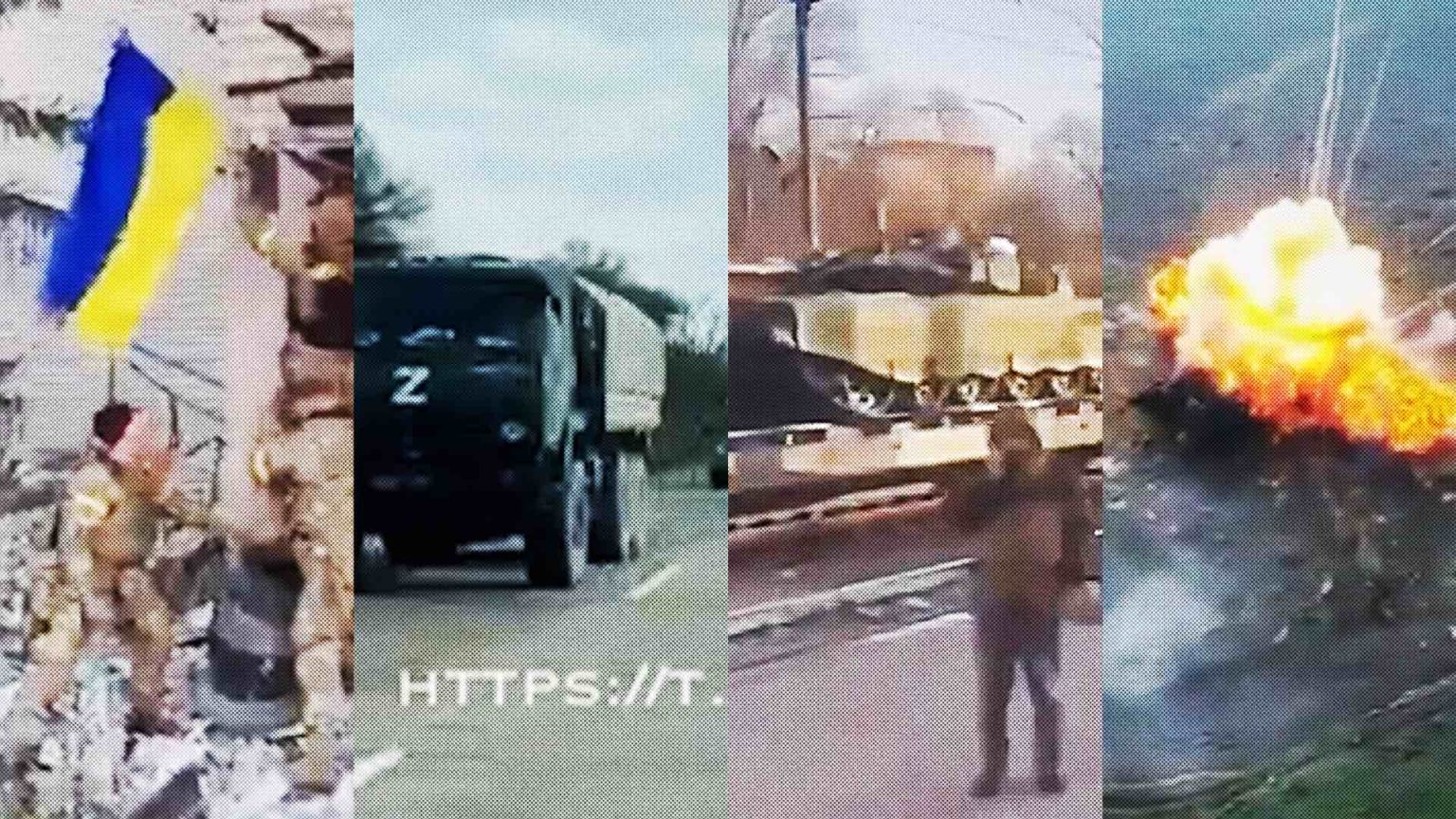Open-source intelligence (OSINT) has revolutionized the way people receive news and information. Through social media posts and satellite imagery, a wealth of data is available, allowing for real-time updates and analysis. This has proven to be a game-changer in situations such as conflicts and wars.
In the past, getting news out to the public was a time-consuming process. For example, during the Falklands War in 1982, it took hours and even days for journalists to transmit their reports and images. However, with the advent of social media and instant messaging platforms like Telegram, news can now spread within minutes. In the case of the liberation of the southern Ukrainian city of Kherson, images and videos were shared on Telegram, providing real-time updates on the situation.
Open-source intelligence has also allowed for greater verification and corroboration of information. Journalists and researchers can now use satellite imagery and video footage from sources like Google Maps and TikTok to verify claims and track movements. For example, in the lead-up to the Russian invasion, commercial satellite imagery and TikTok videos of Russian convoys helped corroborate Western claims. Additionally, OSINT was even able to predict the onset of the war, as researchers used Google Maps’ road-traffic reports to identify suspicious activity on the Russian side of the border.
Satellite imagery continues to play a crucial role in tracking conflicts and wars. Synthetic-aperture radar (SAR) satellites, which can see through clouds and at night, provide valuable insights. During the Kherson offensive, SAR satellites revealed Russia’s building of pontoon bridges and troop movements. This information helps analysts and researchers understand the situation on the ground and make predictions about future developments.
Overall, open-source intelligence has transformed the way news is received and analyzed. Social media platforms and satellite imagery provide a constant stream of data, allowing for real-time updates and verification. This has proven to be invaluable in situations like conflicts and wars, where timely and accurate information is crucial. As technology continues to advance, open-source intelligence will likely play an even greater role in shaping our understanding of global events.









